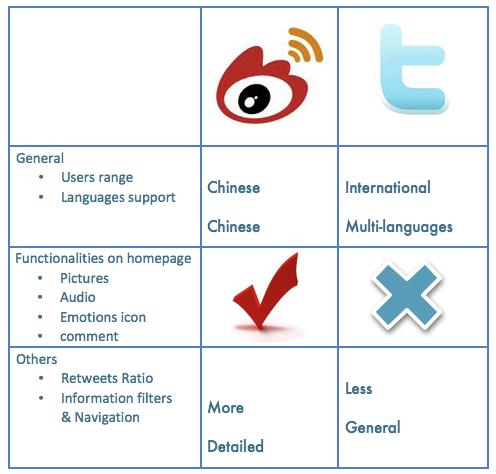Combining Social Media with E-Commerce, New Model of Monetization for Sina Weibo
Yesterday (Feb 17) Sina Weibo (China’s leading microblog platform )and Ctrip (China’s leading online travel service provider) just announced their new collaboration through which you can find good hotel and flight deals from Ctrip by simply posting your travel requests on Sina Weibo (similar to Twits) then @Ctrip. I tried it by using my android phone to post shanghai+hotel@ctrip, within several seconds I got suggestion about hotels and links to webpages on Ctrip where I can read more and make reservation. 
This collaboration obviously helps Ctrip to access the 250 million registered users of Sina Weibo and take advantage of microblog this intuitive and instant form of communication. There are already many companies that are using Sina Weibo as a major site of promotion and customer relationship. But I think Ctrip’s weibo campaign might prove to a transformative step for it to adapt to the new social media environment. Ctrip is still relying on its website and hotlines to conduct most of its business. And competitors such as qunar, which recently formed alliance with Baidu, are eroding Ctrip’s market share. The collaboration with Sina Weibo not only makes its service available to the growing mobile networked public, but also gives it a social element that it was lacking compared to companies such as Trip Advisor.
But I think this collaboration has even more important implications for Sina than for Ctrip. Sina Weibo is not monetized at all yet, but now we see a promising path of combining social media and e-commerce for it. ichinastock reported that “In China’s microblogging market, Sina Weibo accounts for 50% of active users and 85% of browsing time”. But many investors are skeptical about whether Sina Weibo can become a profitable business. Sina Weibo has opened a game platform, which has not been successful yet, and market researchers are saying that the main users of Sina are urban middle class who don’t spend much time on gaming. Sina also has tried to imitate QQ and issued a virtual currency called weibi, which can be used to purchase virtual items within Weibo community. But there isn’t much to buy on Weibo other than weibo accounts of lucky numbers.
But if this experiment with Ctrip can be pushed further and people start to exchange goods and services by typing a few words and a simple @ with their mobile phones, then there might really be a vibrant virtual/real economy in the growing Weibo community, and Sina’s weibi might even become a fiat money for its 250 million users (sorry I just have a thing for virtual currency).
The “Real Name Registration” policy announced by the Chinese government recently was expected to cause serious damage to Sina Weibo’s popularity. But as Bill Biship pointed out, a castrated Sina Weibo can still maintain its influence, and business-wise, real name registration might have the positive effect of increasing the “trust” capital in the virtual economy of Sina Weibo.
2 comments on “Combining Social Media with E-Commerce, New Model of Monetization for Sina Weibo”